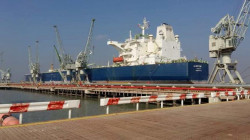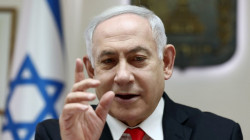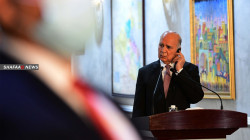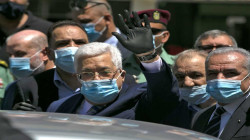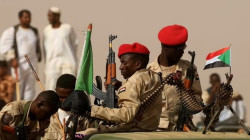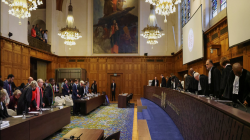ICJ erupts: Sudan accuses UAE of genocide support in Darfur
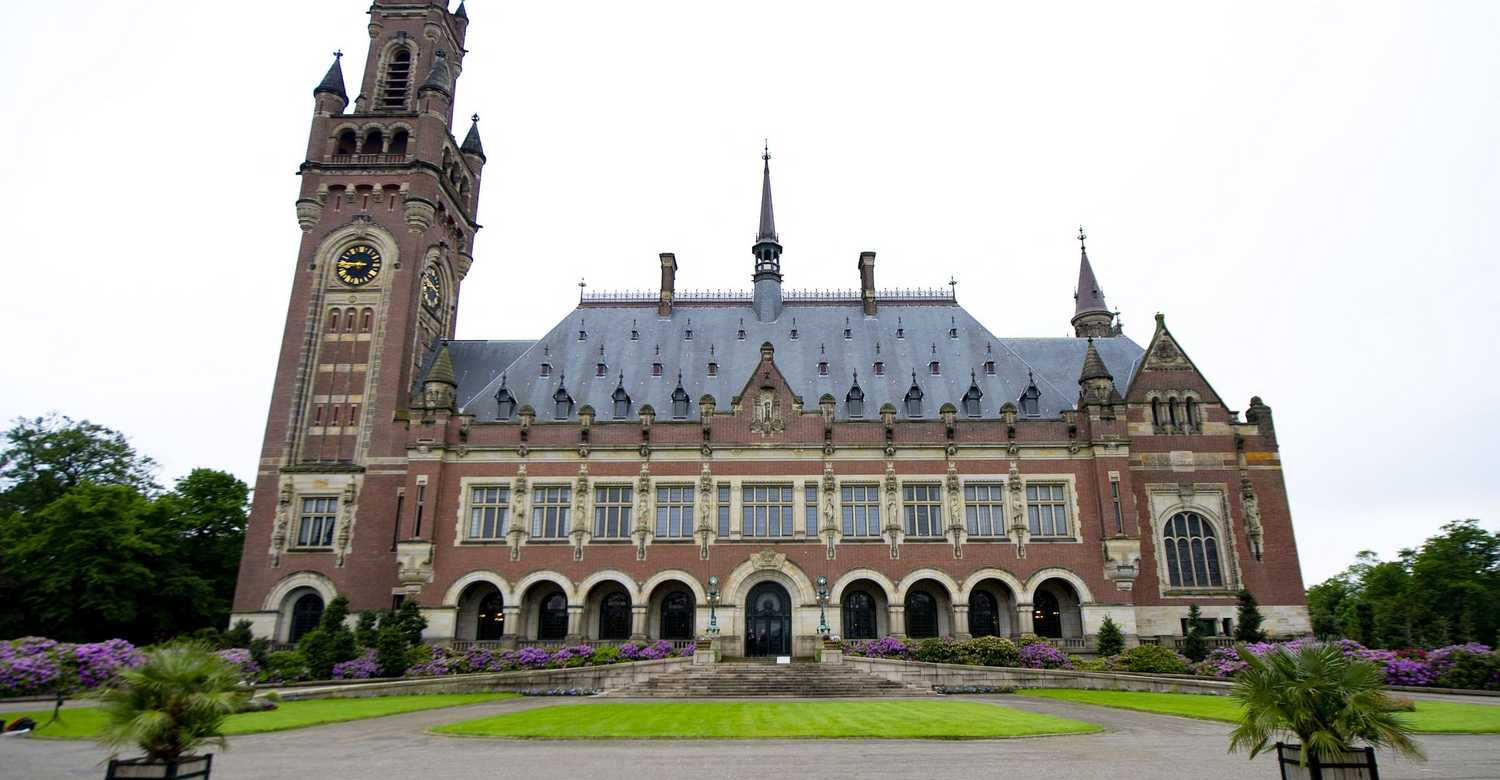
Shafaq News/ The International Court of Justice (ICJ) on Thursday opened hearings in a lawsuit filed by Sudan against the United Arab Emirates, accusing the Gulf state of violating the Genocide Convention by directly supporting the paramilitary Rapid Support Forces (RSF), which Khartoum claims is responsible for mass atrocities in Darfur.
In the first round of oral arguments, Sudan urged the UN’s top court to impose emergency measures compelling the UAE to immediately halt its alleged support for the RSF and compensate victims of the ongoing violence.
“We have sufficient evidence to hold the UAE accountable,” Sudanese Foreign Ministry representative Kamal Bashir told reporters in Port Sudan. “This legal step is part of our broader effort to hold international actors responsible for the immense destruction inflicted on our nation.”
The complaint accuses the RSF—aligned with various armed factions—of committing genocide, mass killings, rape, forced displacement, and widespread destruction of civilian property, all allegedly underpinned by Emirati logistical and financial support. Sudan’s legal team is invoking provisions of the 1948 Genocide Convention, which obligates signatory states to prevent and punish acts of genocide.
The UAE has fiercely denied the allegations, branding them a “malicious publicity stunt” lacking legal merit or factual basis.
“These accusations are absurd and serve only as a distraction from the Sudanese army’s own failures in managing the internal crisis,” Anwar Gargash, senior diplomatic advisor to the UAE president, wrote in an op-ed published in Emirati state media.
“What the Sudanese Armed Forces are doing at the ICJ is nothing more than political theatre, aimed at dragging an old friend into a conflict they themselves helped ignite,” Gargash added, reiterating the UAE’s “consistent support for peaceful resolutions and international diplomatic efforts to end the war.”
He also highlighted the UAE’s longstanding ties with Sudan, noting that the Gulf state has provided over $3.5 billion in aid to the country over the past decade, including $600 million since the conflict erupted in 2023.
A senior Emirati official, speaking to Agence France-Presse on condition of anonymity, dismissed the case as a “misuse of the court’s time and procedures.”
The legal showdown unfolds against a backdrop of deepening humanitarian catastrophe in Sudan, where clashes between the RSF and the national army have killed tens of thousands and displaced millions, according to UN estimates. US assessments have pointed to potential war crimes by both factions, including attacks on civilian areas and use of prohibited weaponry.
Legal experts say Sudan may face procedural hurdles at the ICJ due to the UAE’s reservation to Article IX of the Genocide Convention upon joining in 2005—a clause that grants the court jurisdiction over disputes arising under the treaty. Sudan contends that such a reservation “undermines the Convention’s core purpose.”
Sudan’s legal team is scheduled to present its arguments in a morning session, followed by the UAE’s response in the afternoon. While ICJ rulings are legally binding, the court lacks enforcement powers—a limitation highlighted in previous cases, such as its 2022 order against Russia over its invasion of Ukraine.
The case marks a dramatic escalation in a war of narratives between Khartoum and Abu Dhabi. The Sudanese government insists the UAE played a “central role” in fueling the war by arming rebel militias, while Emirati officials accuse the Sudanese military of externalizing a conflict they themselves chose to wage.
The proceedings are expected to continue over several months, with observers warning the legal battle could further complicate fragile regional diplomacy aimed at resolving the year-long conflict.
